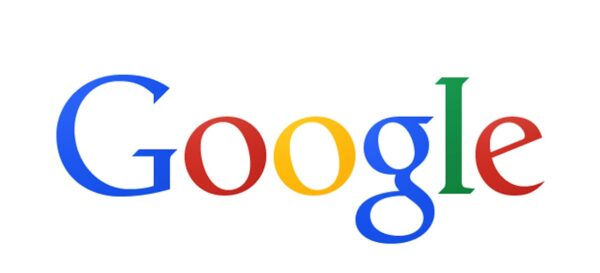Google’s ‘Patented’ Impact on PR

Believe it or not, PR equals SEO. Say what???
That’s right. This is not crazy talk. This is patent talk. Based on US Patent 8,682,892, invented by Navneet Panda and Vladimir Ofitserov, Google’s Panda Update has made it so traffic to your site is now in part reliant on “implied links” – i.e., plain text mentions of your brand name. That’s right, mere mentions of your name now have bearing on your Google search ranking. Follow me?
If you do, you know this is very cool in the world of PR and branding. It basically validates that mentions of your brand through earned media are a tangible factor in Google’s determination of your site quality. If you’re lost, let me break it down for you:
Google launched its Panda Update in 2011 to better determine the quality of websites and independent links. As opposed to Google’s past spam-detecting phrase-based indexing patents, this patent is not out to penalize sites for manipulated search results. Rather, it is intended to improve search results (cup half-full effect!). This is tracked through “implied links” and, simply stated, means that good PR (earned media, especially) can in fact increase your organic search rankings, regardless of whether or not an article explicitly links back to your site.
It’s not that Google is discarding the value of backlinks. Google still views external links as a primary factor for determining the quality of a page. The difference is, Google has broadened its definition of what a link is. The patent identifies incoming links as “express links, implied links, or both,” and further clarifies that they can be actual hyperlinks or plain text. So all incoming links – express and implied – are counted toward measuring the quality of your page. This means that hyperlink or no hyperlink, all that earned media you’ve acquired is in fact boosting your placement in the SERPs when someone searches for your brand! This is good news for PR.
But before you get too excited, recognize that there are over 200 different factors that go into Google’s search algorithm, so even if you’re the talk of the town, if you’re not implementing a well-rounded SEO strategy that includes keyword targeting, high-quality content and organically earned inbound links, all the mentions in the world alone won’t get you a top ranking on Google.
———————————————–
For more on how this patent represents a shift in the way Google measures authority and page popularity, check out this video featuring Matt Cutts who heads the webspam team at Google.
US Patent 8,682,892 has been verified by industry experts to be the illustrated framework for Google’s Panda Update. However, we must acknowledge that some changes may have occurred between the date the patent was filed, September 28, 2012, and the date it was granted, March 25, 2014, and cannot assume that Google’s current search algorithm follows this course exactly. View the published patent here.